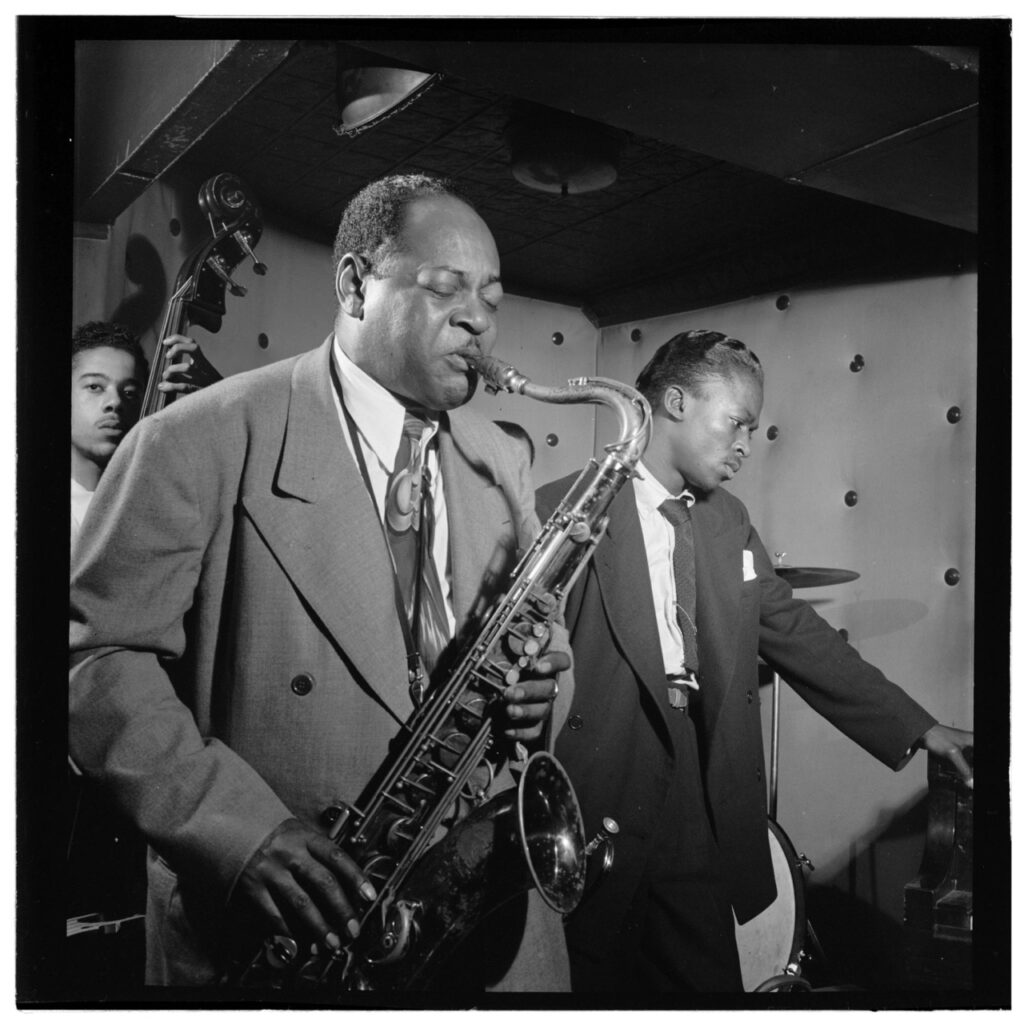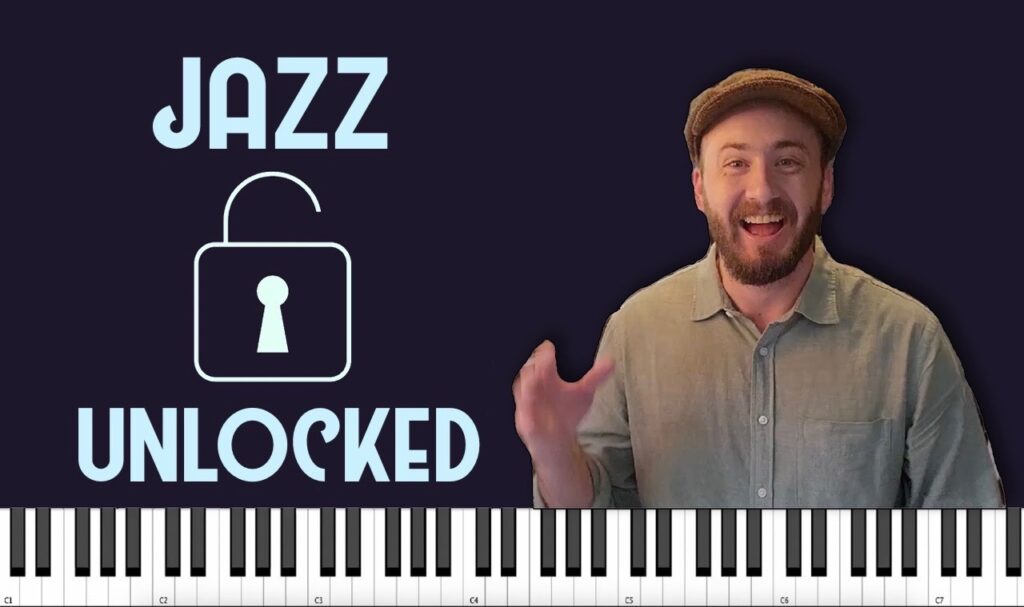Ever found yourself lost in the swirling complexity of a John Coltrane solo or scratching your head at the intricate harmonies of a Bill Evans recording? You’re not alone. As a jazz musician and educator, I’ve heard countless students ask whether they really need to study jazz theory. Can’t they just play what they feel? While there’s no denying that jazz is an art form built on creativity and individual expression, I’m here to tell you why understanding jazz theory isn’t just helpful – it’s a game-changer for your musical journey.
Jazz Theory Improves How You Listen to Jazz

Think of jazz theory as learning the language of music. Sure, you can appreciate a beautiful French poem without knowing French, but imagine how much deeper your understanding would be if you knew what each word meant! Jazz theory helps you recognize the musical “words” and “sentences” that make up your favorite tunes.
When you understand jazz theory, you start hearing things you never noticed before. Those mysterious chord progressions in “Giant Steps”? They become clear patterns. That mind-bending Miles Davis solo? You’ll start to recognize the scales and harmonic choices that make it so powerful. It’s like getting a pair of musical X-ray glasses that let you see beneath the surface of the music.
Jazz Theory Improves How You Improvise
Let’s be honest – there’s nothing worse than feeling stuck when it’s your turn to solo. Without jazz theory, you might find yourself playing the same licks over and over, or worse, feeling completely lost when the chord changes start flying by. Theory gives you a roadmap for improvisation.
Understanding jazz theory doesn’t mean your solos will sound mechanical or pre-planned. Instead, it gives you more colors in your musical palette. When you know how scales relate to chords, how tension and release work, and how to navigate complex chord progressions, you have more tools at your disposal. Theory helps you unlock the secrets of Charlie Parker’s astonishing solo lines, Duke Ellington’s mysterious chords, and John Coltrane’s powerful sheets of sound. Once you understand these concepts, you can implement them in your own playing, achieving the musical sounds of your favorite influences while also crafting your own unique voice.
Jazz Theory Improves How You Play with Others
Jazz is a conversation, and theory helps you speak the language fluently. If you are in a jam session and someone calls out the “Rhythm Changes” chord progression or “let’s play a tune in seven,” you need to know what they mean. Theory gives you the common ground to communicate effectively with other musicians.
Moreover, understanding jazz theory helps you become a better ensemble player. You’ll know how to voice chords so they complement rather than clash with others, how to create walking bass lines that support the band, and how to communicate in your solos in a way that enhances the group’s sound. It’s the difference between being a tourist who knows a few phrases and being fluent in the language of jazz.
Start Understanding Jazz Theory

Ready to deepen your understanding of jazz? Our “Jazz Unlocked” courses are designed to take you from wherever you are on your musical journey to a place of greater confidence and creativity. “Jazz Unlocked I” and “Jazz Unlocked II” provide a comprehensive, ground-up approach to understanding jazz melody, harmony, and rhythm. Plus, you’ll learn the fascinating historical context that makes jazz theory come alive.
Taught by our founder and dedicated jazz educator, Quentin Walston, these courses offer lifetime access to video modules, curated playlists, and direct communication with Quentin himself for any questions that arise along the way. Don’t miss out on our current sale – enroll now and start unlocking the secrets of jazz theory that will transform your playing forever.
About Quentin Walston

Quentin Walston has over ten years of jazz education and performance experience. An expert in his field, he is recognized by the Virginia Commission for the Arts and the Maryland State Arts Council. In addition to sharing jazz knowledge online to his 225,000 followers, Quentin gives workshops & seminars for all adults and children on jazz, composition, and music history. He performs with his jazz trio and has been featured on NPR, PBS, and multiple radio stations & podcasts.